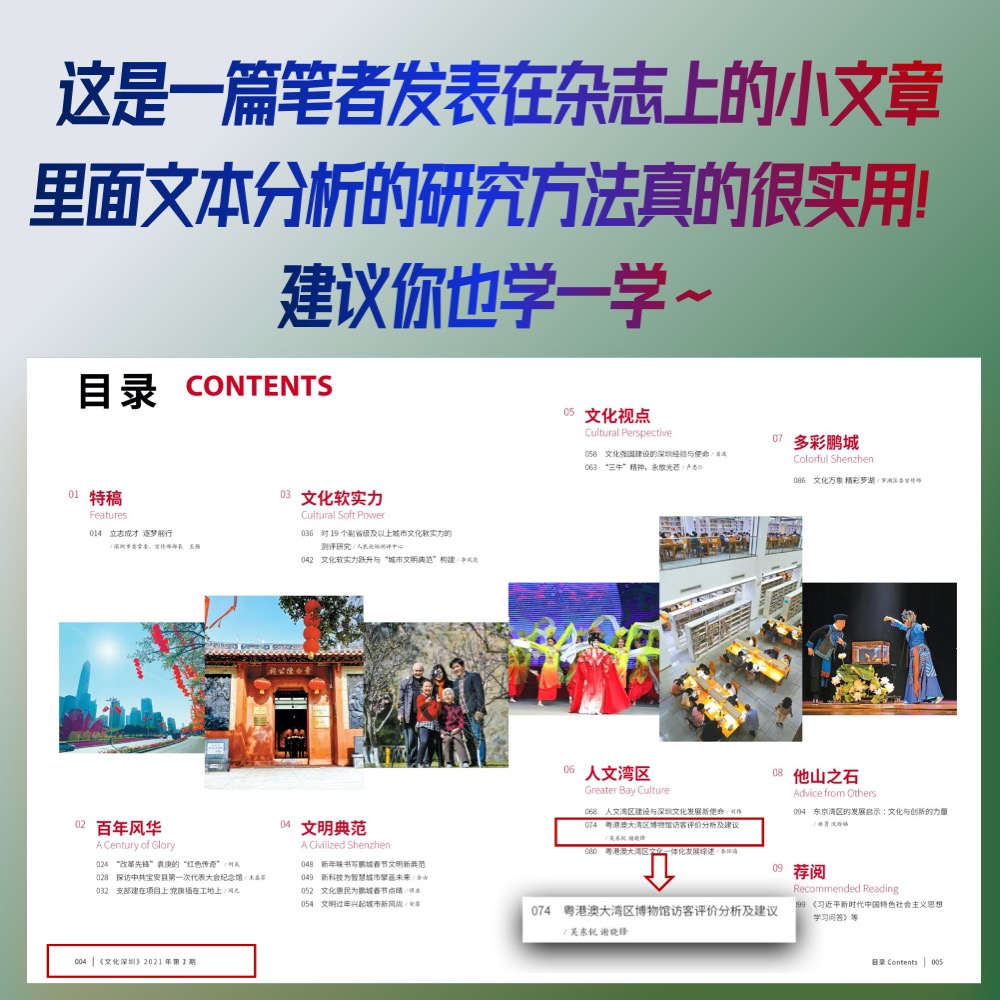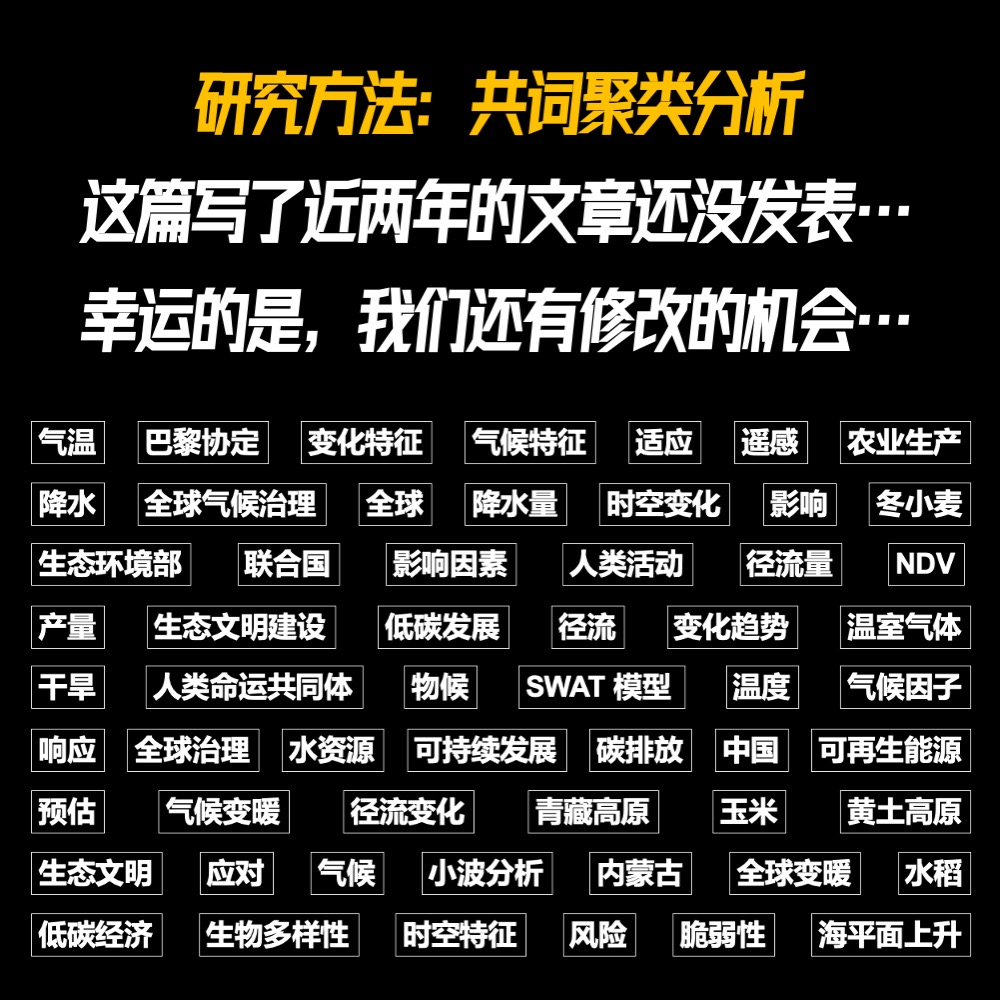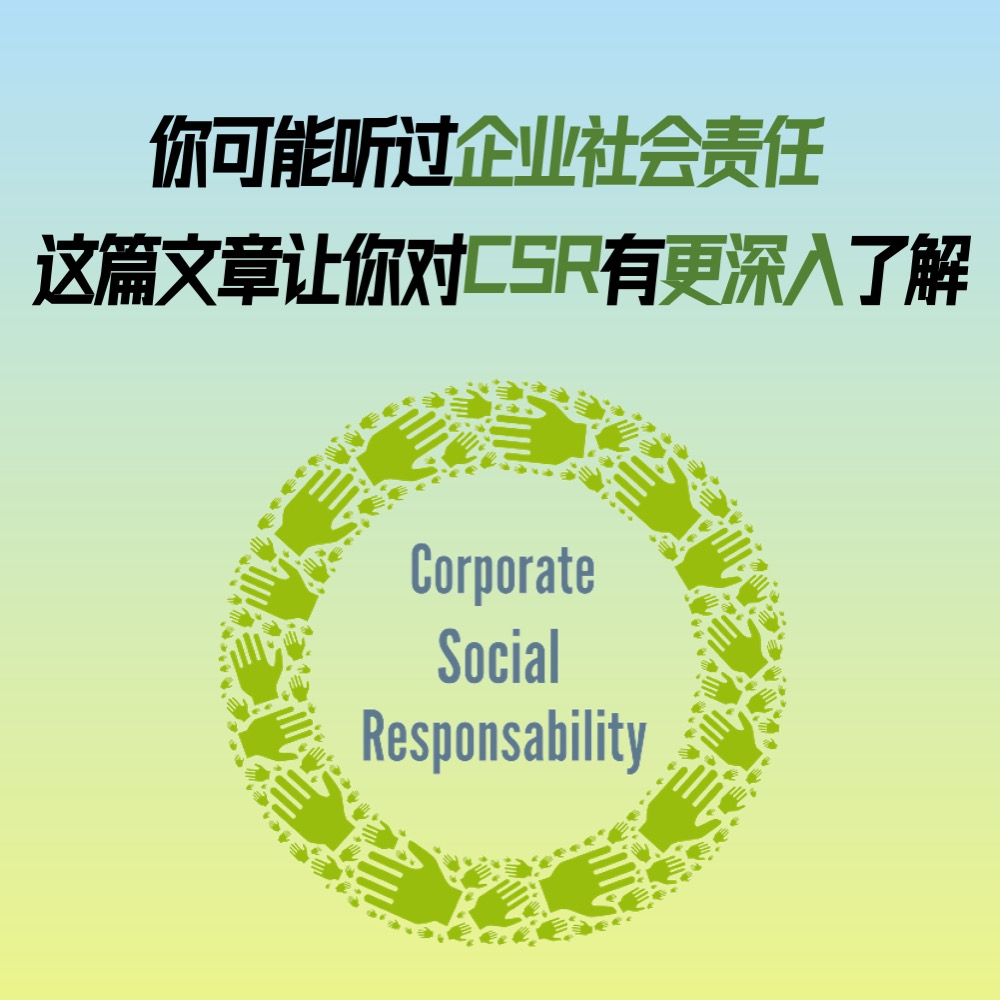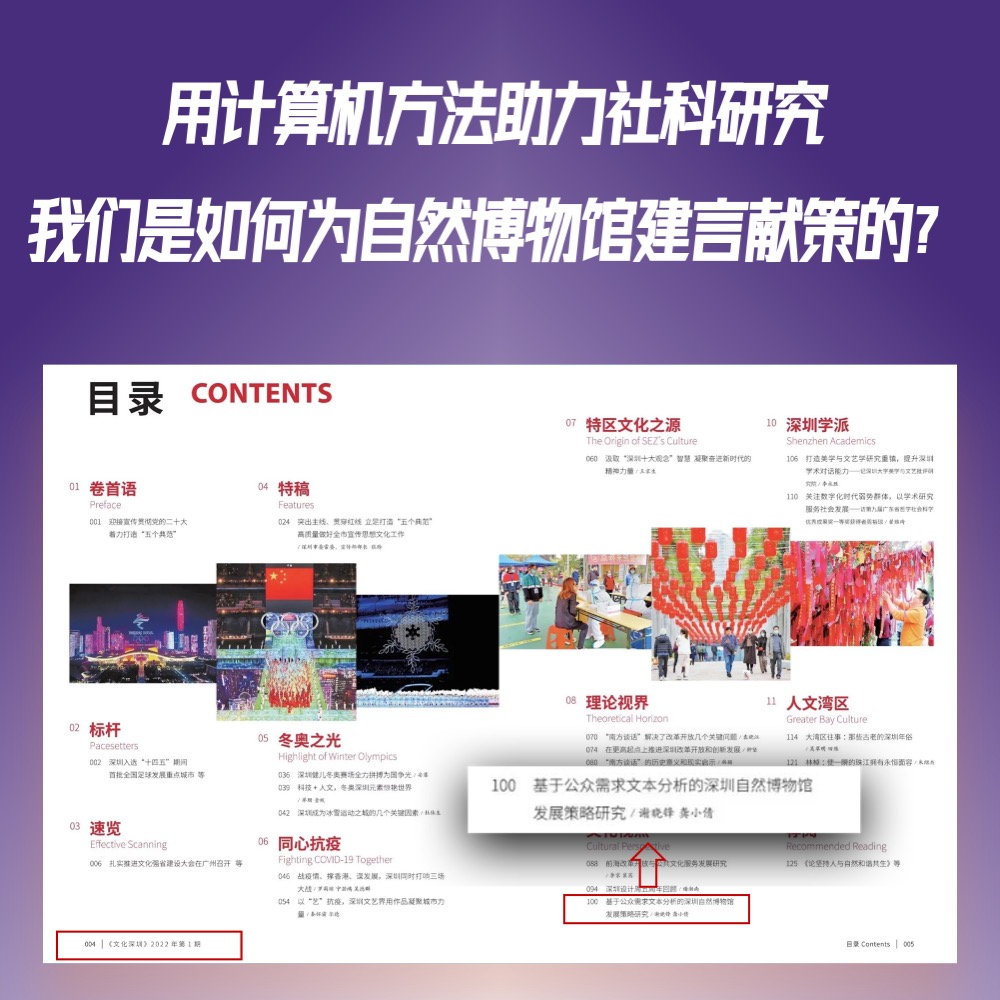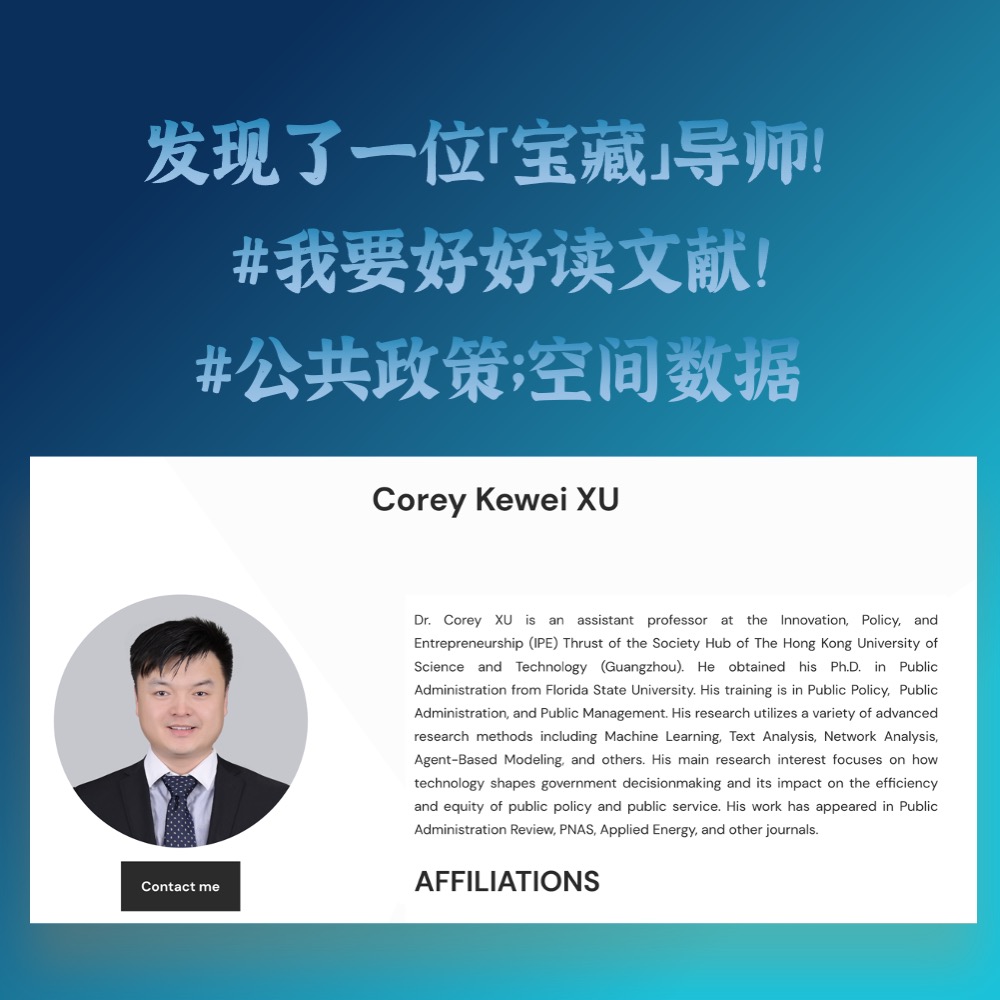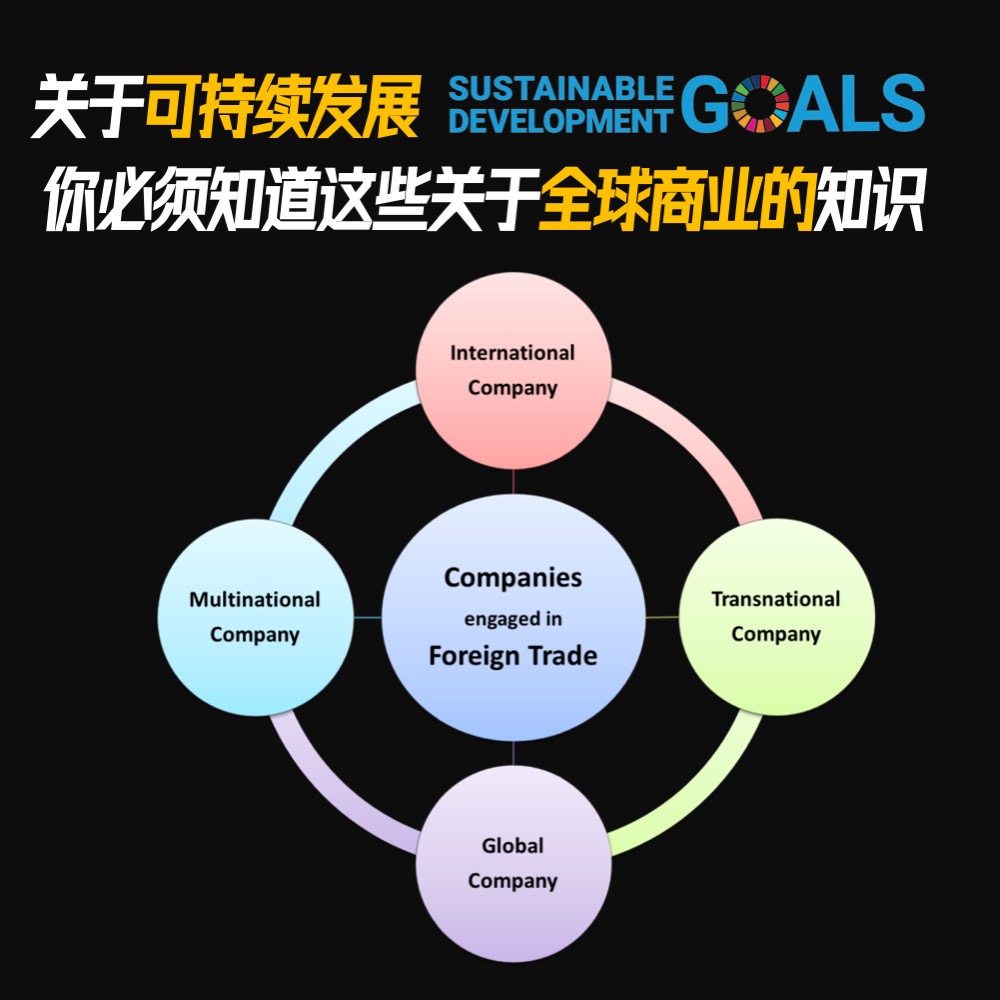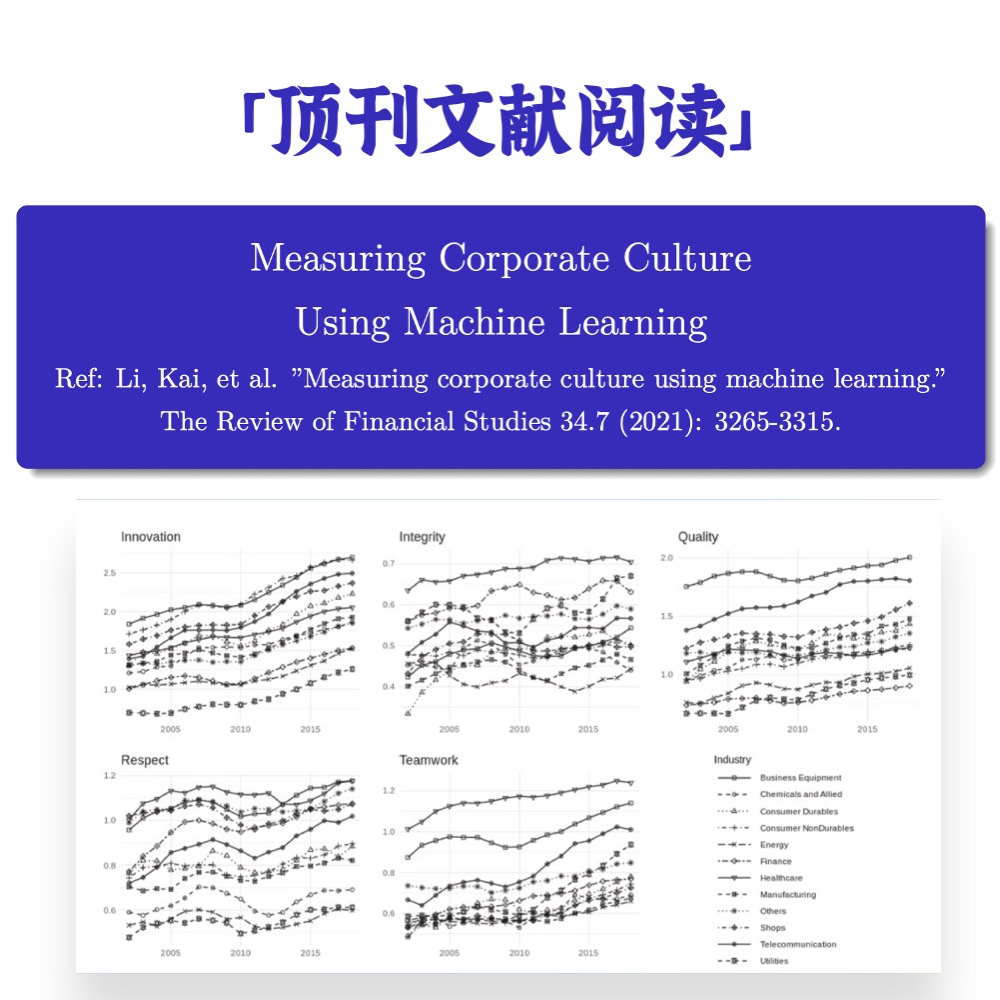This week I started a course on “Business, Entrepreneurship, and the Sustainable Development Goals” taught by Kenneth Amaeshi at the University of Edinburgh.This article is an introduction to the course, including the course background, learning objectives and the introduction of each module.
Course Background
The Sustainable Development Goals (SDGs) are one of the most important global goals today, and the process of achieving them presents many opportunities and correspondingly great risks. It is clear from this that each step of the SDGs requires the cooperation of government, business and social organizations.
Businesses and entrepreneurs are essential players in achieving the ultimate goals. However, there is an exceptionally difficult balance between reaching development goals and pursuing profits, which also seems to prevent more businesses and entrepreneurs from actively participating in them.
This course aims to critically examine how different businesses and entrepreneurs are able to grasp the opportunities inherent in the SDGs, while at the same time being able to deal with the corresponding risks, and ultimately both profit and contribute to the sustainable development of society.
In this theme, we will also examine the current and future development of international society in the context of the SDGs, how business and social organizations can address the international social issues arising from globalization, and how entrepreneurship and leadership can contribute to the improvement of social policies.
Growing global consumption in the face of resource scarcity is placing considerable pressure on natural resources . e.g. Mineral and hydrocarbon reserves, water resources, agricultural capacity, fisheries, and the ‘ecosystem services’-that underpin the global economy.
The balance between supply and demand is becoming increasingly unsustainable and non-inclusive.This creates material risks for business in the form of high and volatile input prices and unpredictable supply; as well as wider reputational risks and concerns.
But the sustainability challenge is also a major opportunity for companies to create value by providing the products and services that enable the transition to a more sustainable future and society.
These trends are already having a significant impact on company earnings, and look set to do so much more severely in the future.
A growing number of companies-from GE to Unilever- are recognising the strategic importance of integrating sustainability into the core strategy of their business, repositioning themselves for the challenging times ahead and creating shared value between business and society.
Learning Objectives
- To understand the Sustainable Development Goals and critically examine their implications for business and entrepreneurs;
- To understand and critically explore the theoretical underpinnings of business as a driver of development and a policy player in the context of global economic development.
- To understand, theorize and critically explore how the SDGs redefine business social relations
- To critically evaluate the importance of using sustainability thinking as a core management guide to address the challenges and opportunities presented by the SDGs.
Module
- Module 1: Theoretical Foundations of the Sustainable Development Goals
The purpose of this module is to explore the theoretical underpinnings of the SDGs and to further explore relevant business and social enterprise development in their context.
- Module 2: Businesses should work together to help the global community achieve the Sustainable Development Goals (SDGs)
Through this module, students will identify that the SDGs provide a blueprint for companies to integrate business interests with social responsibility, and provide new models of cooperation and opportunities for innovation around social responsibility among companies.
- Module 3: Exploring how to achieve social sustainability goals within the enterprise
Through this module, students will understand how social enterprises within a business structure can coordinate internal and external co-sustainability.
- Module 4: Creating a Healthy Market with Sustainable Development as the Goal
Through this module, students will explore the necessity and criticality of achieving sustainable development in business markets.
- Module 5: The ecological impact of enterprises under the SDGs
Core textbooks
- Crane, A., Matten, D., and Spence, L. (2013). Corporate Social Responsibility: Readings and Cases in a global context. Routledge Publishers
- Blowfield, M. (2016). Business and Sustainability. Oxford University Press
